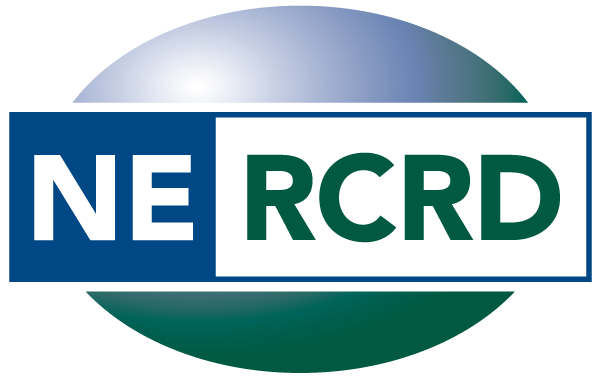Tourism, Resiliency, and Indicators for Post-Pandemic Planning (TRIP)
Sustainable tourism takes full account of its current and future economic, social and environmental impacts, addressing the needs of visitors, the industry, the environment and host communities. Achieving sustainable tourism requires monitoring of impacts, introducing the necessary preventive and/or corrective measures whenever necessary.
Growing and maintaining a healthy recreation and tourism sector, that equitably benefits residents over the long term, requires active stakeholder engagement, a research-based robust understanding of potential challenges and opportunities, collaboration among various levels of government and landowners and a sound, research-based plan for a region’s future.
This project is led by Doug Arbogast, West Virginia University Extension, with Extension and research collaborators including National Extension Tourism Design Team (NETDT), Penn State, University of Vermont, University of New Hampshire, and the Northeast Regional Center for Rural Development. Project team members bring a unique combination of research and analytical skills in addition to extensive industry experience supporting rural tourism destinations and providing innovative programs to guide sustainable management strategies.
The long-term goal of this project is to fully leverage the resources of the Land-Grant Universities to enhance the sustainability and resiliency of rural destinations by providing research-based information and a destination management framework for rural gateway destinations seeking to address post-COVID 19 opportunities and challenges. Project team members will work closely with destination leadership in targeted case study regions to accomplish the project objectives which include:
- Assess change over time and associated impacts through an indicator monitoring platform
- Using quantitative and qualitative research methods to identify and analyze economic, social, and environmental indicators for sustainable rural tourism (across all US counties and in three case study regions).
- Deliver Extension programming in targeted case study regions
- Using the research-based insights to develop sustainable rural tourism management frameworks
